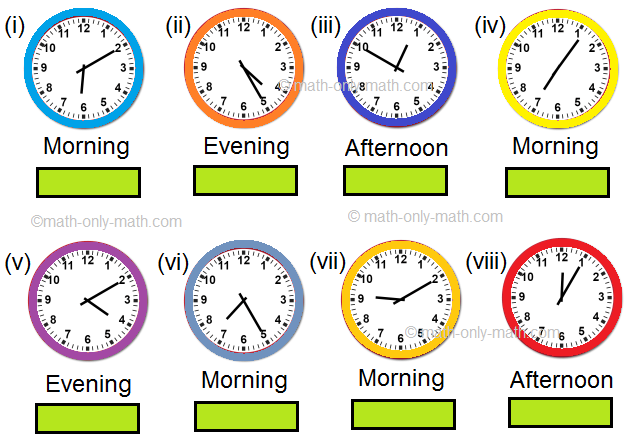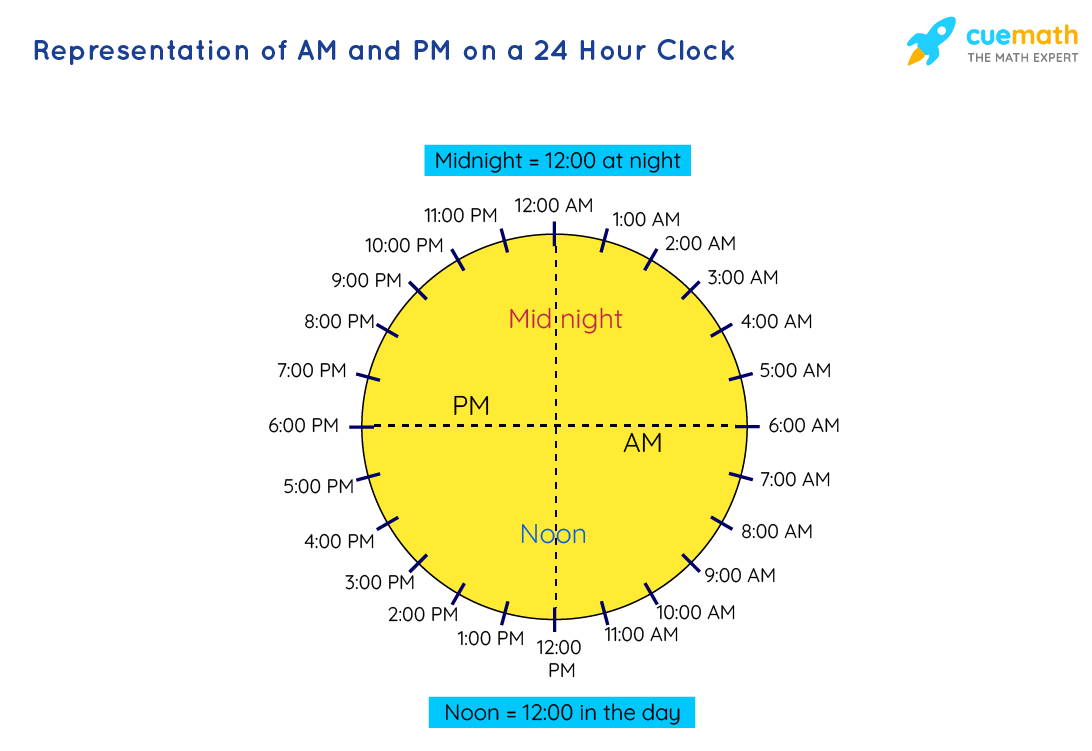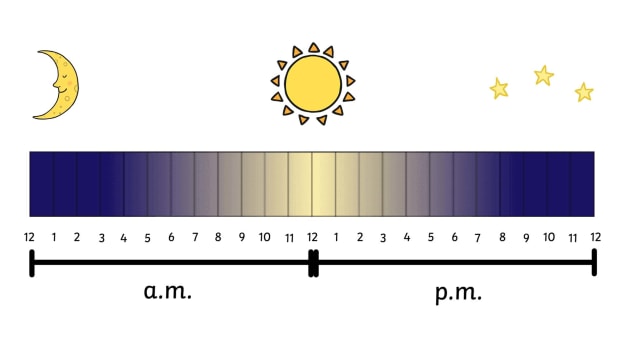Have you ever felt that little nudge, that quiet voice inside, when you are about to form an opinion about someone else's choices or way of life? It is a moment many of us experience, a subtle hesitation before we speak or think something about another person's path. This feeling often comes from a deep, shared human awareness: we are all doing our best, learning and growing as we go, and honestly, none of us are without our own missteps.
This thought, "who am i to judge when i myself walk imperfectly," comes up quite often in our everyday comings and goings. It is not just a passing idea; it is a way of looking at the world that asks us to pause and think about our own actions before we look too closely at what others are doing. When we stop to consider our own journeys, with all their bumps and turns, it just makes sense to offer a bit more understanding to the people around us.
So, this idea is about more than just being polite; it is about finding a better way to connect with everyone we meet. It asks us to remember that each person has a story, a background, and challenges that we might not even know about. By keeping this in mind, we can try to build a bit more kindness and a lot less quick opinion-forming in our daily interactions, which, you know, makes things better for everyone.
Table of Contents
- Why do we even think about judging others when we walk imperfectly?
- What does it mean to stand or fall before one's own master?
- How can we truly extend grace and kindness?
- Is it truly possible to walk without fault?
- What happens when we choose not to condemn?
- Why is it that only a higher power can truly judge?
- How can we practice real forgiveness?
- What actions can we take instead of judging?
Why do we even think about judging others when we walk imperfectly?
It is, in some respects, a very human thing to size up those around us. We see someone make a choice that seems different from what we would do, and our minds, well, they just start forming thoughts about it. This happens, actually, without much effort on our part. Perhaps it is a way our brains try to make sense of the world, sorting things into categories that feel familiar or correct to us. But, you know, this quick way of thinking often misses a whole lot of the picture. We tend to forget that our own lives are full of moments where we did not get things exactly right, or where we learned something the hard way. It is almost as if we have a short memory for our own stumbles when we look at someone else's. So, this tendency to form opinions about others, it is something we all do, but it is also something we can learn to manage a bit better.
The quiet heart's hidden sorrow and "who am i to judge when i myself walk imperfectly"
Think about it: every person you meet carries something inside that you cannot see. There is, for instance, a kind of hidden sorrow or a private worry that might be weighing on their spirit. These inner experiences are not usually put on display for everyone to see. When we are quick to make a judgment, we are essentially looking at a small piece of a much larger story and, like, making a whole conclusion based on that tiny bit. The phrase "who am i to judge when i myself walk imperfectly" really brings this point home. It reminds us that just as we have our own silent struggles, so too do others. We are all, in a way, just trying to get through the day, dealing with our own stuff. So, it just makes sense to approach others with a little more gentleness, remembering that there is always more to a person than meets the eye. This way of thinking helps us to be more understanding, which is really what we all need from each other.
What does it mean to stand or fall before one's own master?
This idea, that each person answers to their own "master," is a pretty old one, and it is still very relevant. It suggests that each of us is responsible for our own actions and choices, and that, well, we are the ones who will ultimately deal with the outcomes of those choices. It is not really up to us to decide if someone else is doing things the "right" way or not. Their path, their decisions, and their journey are, quite simply, their own. We do not really have a place in that equation. This way of looking at things helps us to step back and let others be, which is, honestly, a much more peaceful way to live. It frees us from the burden of trying to keep score for everyone else and allows us to focus on our own growth instead.
Living with a sense of personal responsibility, not judging someone else's servant
When we accept that everyone is accountable for their own life choices, it shifts our focus. We start to look at our own personal responsibility rather than getting caught up in what others are doing. This means, basically, that our energy goes into making sure our own actions align with what we believe is good and right. It is a bit like tending to your own garden; you spend your time making sure your plants are healthy and growing, rather than spending all your time looking over the fence at your neighbor's plot. The idea of "who am i to judge when i myself walk imperfectly" fits right in here. It is a call to look inward, to acknowledge our own areas for improvement, and to leave others to their own processes. After all, their progress, their lessons, and their ultimate standing are really between them and whatever higher power or personal code they follow. It is just not our place to interfere with that personal connection.
How can we truly extend grace and kindness?
Giving grace and being kind, well, it is more than just saying nice words. It is about an attitude, a way of being with others that assumes the best, even when things are not perfectly clear. It means offering someone a little extra room to be themselves, to make mistakes, and to learn, without us jumping in with our opinions. This kind of approach, it is something we all appreciate when it is shown to us, so it makes sense to give it freely to others. It is a choice, really, to put aside our own quick thoughts and instead offer a gentle hand or a quiet understanding. This way of living, you know, it builds better connections between people. It helps everyone feel a bit safer and more accepted, which is a good thing for any group of people.
Avoiding hasty judgments and embracing "who am i to judge when i myself walk imperfectly"
One of the best ways to practice grace and kindness is to avoid making quick decisions about people. It is so easy, isn't it, to see a small part of a situation and just, like, decide what it all means? But those quick thoughts, they often miss so much. When we hold back from forming an opinion too fast, we give ourselves time to think, and we give the other person the benefit of the doubt. This is where the idea of "who am i to judge when i myself walk imperfectly" becomes very helpful. It is a little reminder that we, too, have our moments where we might be misunderstood, or where our actions do not quite reflect our intentions. So, when we remember our own less-than-perfect moments, it becomes much easier to offer that same patience and understanding to others. It is about choosing to see the whole person, not just a single action, and to approach them with an open heart rather than a closed mind.
Is it truly possible to walk without fault?
If we are honest with ourselves, the idea of walking through life without ever making a mistake, or without ever having a moment of poor judgment, is pretty much impossible. We are, after all, human. We learn by doing, and sometimes, that learning involves getting things wrong. It is just part of the deal. So, when we consider this, the expectation that others should be flawless, or that we ourselves should be, well, it just does not really line up with reality. This understanding, that imperfection is a shared part of the human condition, actually helps us to be a bit more gentle with ourselves and with everyone else. It is a recognition that nobody gets it right all the time, and that is, honestly, okay.
The idea of perfect walking and "who am i to judge when i myself walk imperfectly"
The concept of "perfect walking" is, in many belief systems, something that is only possible for a higher power, or perhaps in a spiritual sense. For us, here on Earth, with our human ways, our walk is always going to have some uneven steps. This is why the question "who am i to judge when i myself walk imperfectly" is so powerful. It grounds us in our own reality. If we cannot walk perfectly, if we are always learning and growing, then how can we expect others to be any different? And if they are not different, then what right do we have to point out their flaws when we have our own? It is a call to humility, really, and to a shared sense of humanity. It means we should focus on our own path and our own improvements, rather than spending time picking apart the paths of others. This kind of thinking helps us build a more accepting world, one person at a time.
What happens when we choose not to condemn?
When you make the choice to not condemn someone, something pretty interesting happens. It is like a weight lifts, not just from them, but from you, too. The text suggests, "Do not condemn, and you will not be condemned." This is a powerful idea, honestly. It implies a kind of freedom that comes from letting go of the need to find fault. When we stop pointing fingers, we stop inviting others to point fingers at us. It creates a different kind of space, one where there is more room for understanding and less room for harsh words. This choice, it really helps to build a more peaceful way of living, both for us personally and for the people around us. It is a simple shift, but its effects can be quite big.
Finding freedom in not judging another when we walk imperfectly
There is a real sense of release that comes with giving up the job of judging others. It is a heavy burden, you know, constantly evaluating and finding fault. When we drop that, especially when we remember "who am i to judge when i myself walk imperfectly," we find a kind of freedom. We free ourselves from the constant mental work of keeping score. We also free ourselves from the worry that others are doing the same to us. This means more mental space for other things, like focusing on our own growth or finding ways to be helpful. It is about recognizing that everyone is on their own journey, with their own lessons to learn. And when we respect that, we create a more open and accepting atmosphere, which is, quite simply, a better place for everyone to be.
Why is it that only a higher power can truly judge?
The idea that only a higher power, or God, is truly fit to judge others is a common thread in many traditions. It is based on the thought that such a power has a complete picture, a full awareness of every detail, every thought, and every circumstance that shapes a person's life. We, as humans, just do not have that kind of all-encompassing view. We see bits and pieces, a small part of the story, and that is just not enough to make a fair or complete assessment. So, this belief encourages us to step back from that role, recognizing our own limited perspective. It is a way of saying that some things are just beyond our human capacity to truly understand or decide upon. And that, in a way, is a relief.
Recognizing the ultimate judge and our own "who am i to judge when i myself walk imperfectly"
When we accept that there is an ultimate judge, someone or something with perfect insight, it really helps us to put our own place in perspective. We are not that judge. We are, like, just fellow travelers on this path. This understanding reinforces the core idea of "who am i to judge when i myself walk imperfectly." If we acknowledge that we are not perfect, and that we do not have all the answers, then taking on the role of judge for others seems, well, a bit out of place. It encourages us to extend grace, to be kind, and to avoid making quick decisions about people's worth or actions. It is about letting go of that need to control or evaluate, and instead, trusting that everyone's journey is unfolding as it should, under a much larger, more complete vision than our own.
How can we practice real forgiveness?
Forgiveness, it is a big one, honestly. It is not always easy, but it is incredibly powerful. The text says, "Forgive, and you will be forgiven." This suggests a direct connection between the act of letting go of grudges and finding peace for ourselves. It is a two-way street, in a way. When we choose to release someone from a wrong, whether real or perceived, we also open ourselves up to receiving that same kind of grace. It is about letting go of the past, so it does not weigh us down in the present. This practice helps us move forward, and it helps others move forward too. It is a way of clearing the air, and it allows for new beginnings, which is, you know, a pretty good thing for everyone involved.
Giving and receiving, and "who am i to judge when i myself walk imperfectly"
The act of giving and receiving is very much tied into the idea of forgiveness. When we give forgiveness, we are also creating a space where we can receive it. The text mentions, "Give, and it will be given to you." This principle applies so well to how we treat others, especially when we think about "who am i to judge when i myself walk imperfectly." If we are willing to overlook the shortcomings of others, recognizing that we have our own, then we are more likely to find that same understanding directed back at us. It is a cycle of kindness, really. By choosing to let go of judgment and instead offer forgiveness, we are building a world where compassion is more common. This approach just makes life a bit softer, a bit more human, and a lot more welcoming for everyone.
What actions can we take instead of judging?
Instead of falling into the habit of judging, there are many other things we can do that are much more helpful and kind. We can choose to listen more, for instance, really trying to hear what someone is saying, or even what they are not saying. We can offer support, a kind word, or just a quiet presence when someone is going through a tough time. These actions are about building people up, rather than tearing them down with our opinions. They are about creating a sense of belonging and understanding. This approach is much more active and positive than simply forming a judgment. It is about being a good human, and that, well, that is something we can all strive for every single day.
Following a path of love and acceptance, knowing "who am i to judge when i myself walk imperfectly"
The path of love and acceptance is, honestly, a much more fulfilling one than the path of judgment. It is a choice to see the good in people, to embrace their differences, and to understand that everyone is doing their best, even if their "best" looks different from ours. This is where the core thought of "who am i to judge when i myself walk imperfectly" becomes a guiding light. It reminds us that our own imperfections make us more relatable, not less. And because we understand what it is like to be imperfect, we can offer genuine compassion to others. So, instead of looking for faults, we can look for ways to connect, to offer a helping hand, or simply to share a moment of shared humanity. This way of living creates a ripple effect, making our communities, and our own lives, much richer and more peaceful.



